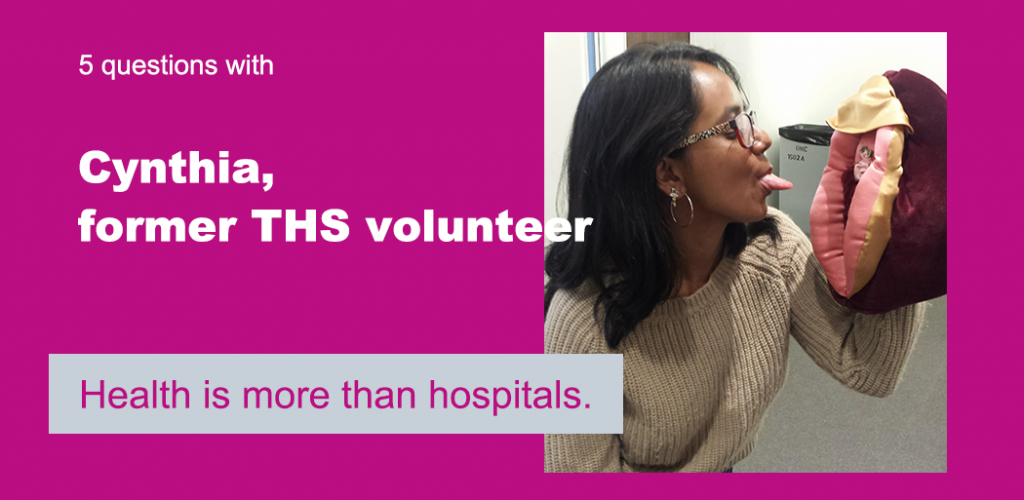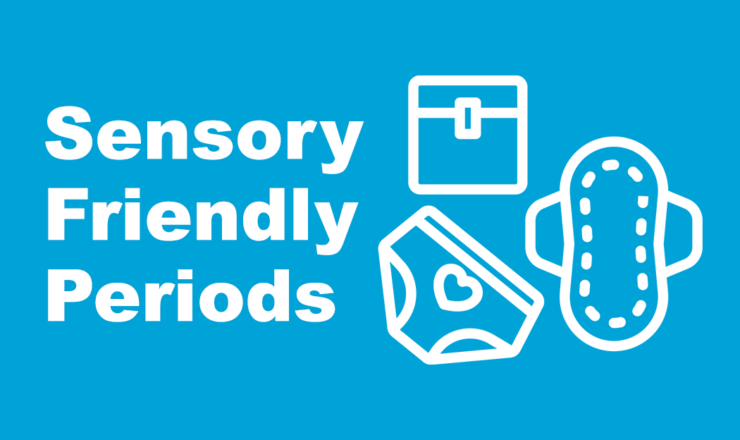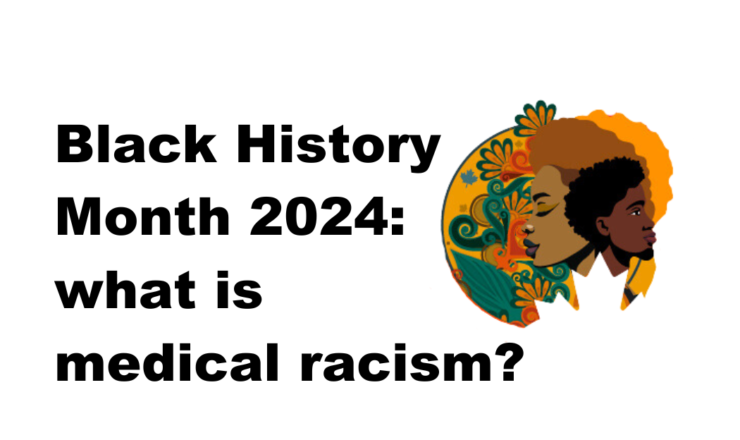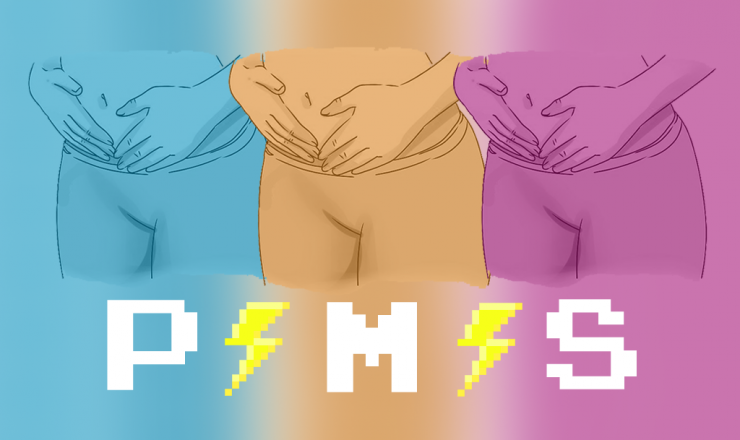

Did you know that Teen Health Source has been around for 25 years! Started in 1993, Teen Health Source has grown from just a phone sexual health info line into a total phone/text/email/online chat peer education service PLUS this very blog that you’re reading RIGHT NOW! To help celebrate our 25th Anniversary, we’re checking in with some of our previous volunteers to see what THS was like when they were on the lines, and where they’re headed now. Today we’re hearing from Cynthia!
It was much more laidback than I imagined it would be and I loved it. I really respected the open atmosphere people created because it allowed for easy flow of learning and information, it made it a place to ask questions freely, to be more proactive, and most importantly, to feel safe. I also found, as much as it was a forgiving environment, to be strict when it came to being anti-oppressive and medically accurate, and I appreciated that. To me, that carried out beyond our volunteering training.
I was client at PPT before I applied and I was captivated by the way it ran – it’s not what you expect healthcare to look like and what you realize that you want it to be. I became really invested in sexual health issues for personal reasons and I naturally gravitate towards supportive and informative roles, so it was pretty ideal for me.
I left more political and queer than before, haha. Most of that is just my own natural life trajectory but THS had a big helping hand – sexual health is now a core part of my activism. I’m much more well versed in speaking about sexual health issues and navigating than I would have been without volunteering, in fact I’ve found myself in positions of personal sexual health support for my friends. I’m much more confident in maneuvering my own sexual wellbeing; for example, the amount of pregnancy and STI anxiety I’ve witnessed in my volunteering role has really destigmatised those matters for me. Lastly, sexual health has become a large career consideration.
I’m making this sound like I found my entire life here. No. But I was very invested in this place and I don’t regret it.
Yes, Mifegymiso:
Health Canada said women will no longer be required to provide written consent to take Mifegymiso, nor will health professionals need to register with the drug’s distributor, Celopharma, to prescribe or dispense it.
…
Currently, the cost of the abortion pill is reimbursed to patients in Alberta, Ontario, Quebec, New Brunswick and Nova Scotia.
Source: CTV News [Link]
Yay! Still a long way to go, but yay!
[Ed: Be sure to check out our blog post on Mifegymiso, aka the Abortion Pill: Link]
Yes, Action Canada for Sexual Health & Rights [Link]! So far from what I know, they do a lot of great work and they have a ton of information and resources on their website, both medical and legal! What I love about them is their dedication to health through a community lens, a scientific lens, and a policy lens. Health is more than hospitals.
Thanks, Cynthia! For more in our 25th Anniversary series, check out teenhealthsource.com/tag/25-years
Last Updated: August 2021

Periods can often trigger sensory issues for people who are sensitive to things that we see, touch, hear, smell, or taste. This article covers period products and strategies than can help people manage the sensory experiences of periods.

This article talks about medical racism, what it means, how it shows up in Canadian healthcare, and what can be done about it!

In this FAQ we’re covering some questions about Pre-Menstrual Syndrome, how to cope with PMS symptoms, and how to talk to partners about it.